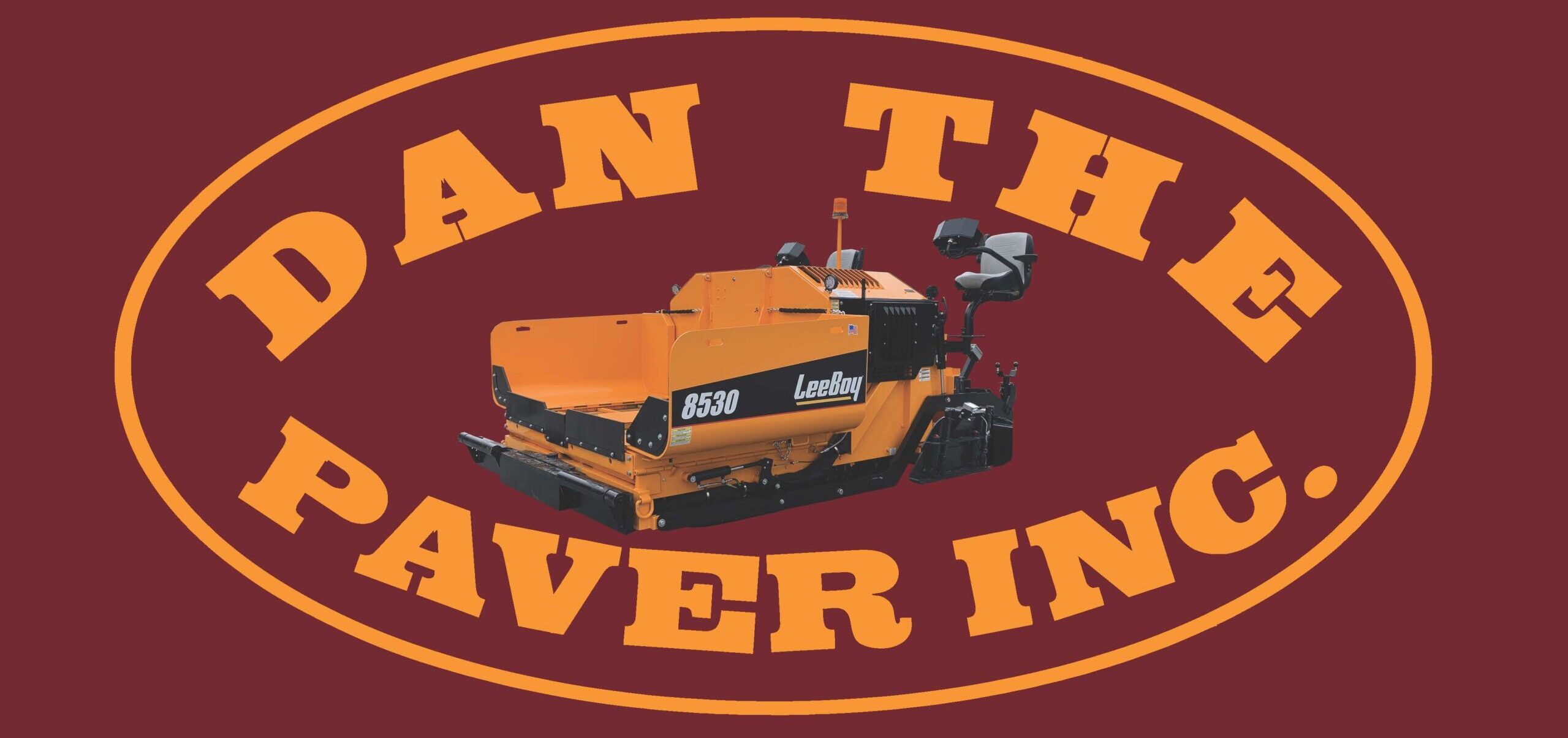Blacktop and asphalt may seem like the same. After all, they do contain similar ingredients. Even so, there is a difference between blacktop and asphalt, and while yes, the ingredients of both mixtures are similar, the manner in which they are mixed determines whether it is blacktop or asphalt.
To help you understand the distinction between the two, let us break down the mixing process for each material:
Asphalt
Asphalt and blacktop contain two primary ingredients: crushed stone and bitumen (a viscous black compound which is a byproduct of petroleum distillation). Asphalt is essentially the heaviest part of petroleum after fossil fuel refinery and the crushed stone is used to give it the right texture and consistency.
The mixing process of asphalt involves a drum. It is mixed at roughly 250ºF to make it malleable and viscous. Doing so makes it easier to apply the material onto pathways, roadways, and so on.
Main Uses for Asphalt
Asphalt can be used in various ways, and depending on the builder’s creativity, this material can be applied to different interesting structures. Notably, asphalt is flexible and water-resistant, which is why it is mainly used for cable coatings, soundproofing, damp proofing, building waterproofing, reservoirs and pool linings, and many more.
Because asphalt is a strong material, it can withstand heavy foot traffic, making it perfect for places like major roadways, byways, sidewalks, etc.
Blacktop
Blacktop, while it has the same main ingredients, is mixed distinctly. The difference lies in the ratio of bitumen and crushed stone used for the mixture. Blacktop contains a more natural stone, which is then included in the mix. These natural stones are the reason that blacktop surfaces have more shine, shimmer, and sparkle. Even a thin layer of blacktop can be noticeable since it’s way sparklier than a thick layer of asphalt.
Mixing blacktop requires maintaining a temperature of roughly 300ºF due to the higher amount of natural stones crushed into the mix. By heating it up to that temperature, blacktop can become as malleable as asphalt, without sacrificing on its shine.
Main Uses for Blacktop
Unlike asphalt, blacktop is more vulnerable to high traffic areas. It doesn’t have as much weight capacity to withstand heavier pressures, which is why using it on major roadways is not as common as asphalt. Instead, blacktop is a great mixture to use for residential roads, driveways, parking lots, residential pathways, and playgrounds. Blacktop is also typically used to build courts and game areas.
Other Characteristics of Asphalt and Blacktop
Both asphalt and blacktop have to be mixed in high temperatures, which is why it is common to see projects being done during the warmer months. Asphalt is also typically smoother than blacktop as the latter contains higher amounts of crushed natural stone in the mix. However, asphalt is better for roads that require a smoother ride, which is why they are great for building major roadways.
Conclusion
Asphalt and blacktop may seem similar at first glance, but depending on the purpose of the project, it is important to know how each material can affect the results. A slight difference could go a long way in making or breaking your next project.
Looking for pavers near New Jersey? We provide blacktop and asphalt paving for local projects. Get in touch with us today and let us help!
